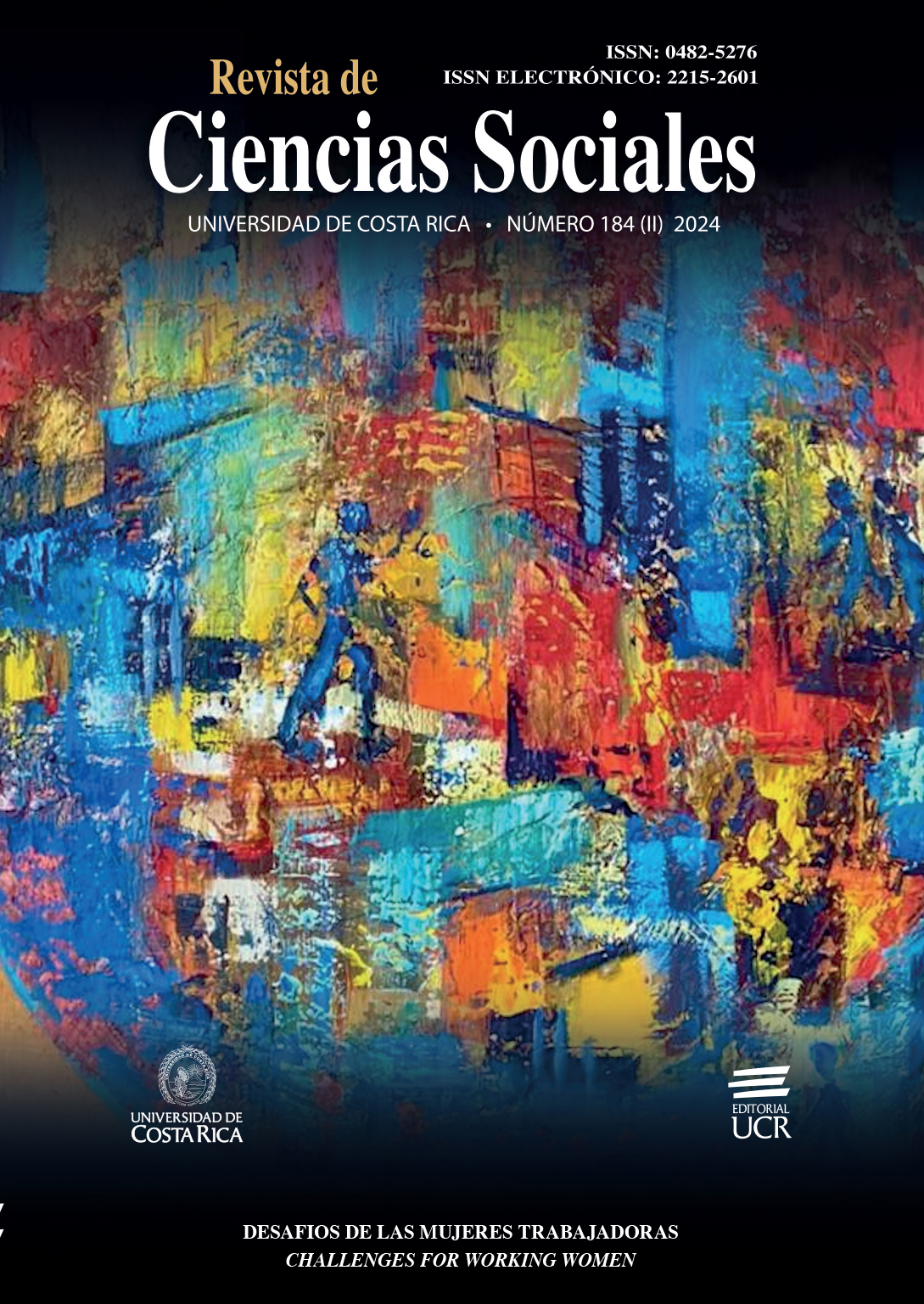Abstract
This article presents results of a research carried out whose objective was to analyze the intervention of the IMAS in the socio-material and ideological-cultural conditions of the “poor working women”, who participated in the Bridge to Development Strategy during 2015-2018. The study used a qualitative approach based on a Marxist theoretical-methodological base and the contributions of the theory of social reproduction. The results showed that the institution seeks to modulate behaviors, so that women self-manage their needs by increasing their productive capacity and human capital.



